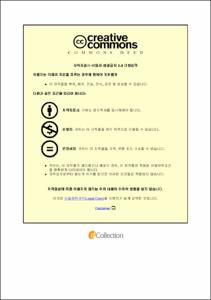REITs와 부동산펀드의 수익률 비교에 관한 연구
= A Study on Comparison of the Earning Rate Between REITs and Real Estate Funds in Korea
- Files in This Item:
-
-
Download
 000000564370.pdf
기타 데이터 / 801.35 kB / Adobe PDF
000000564370.pdf
기타 데이터 / 801.35 kB / Adobe PDF
-
Items in Repository are protected by copyright, with all rights reserved, unless otherwise indicated.